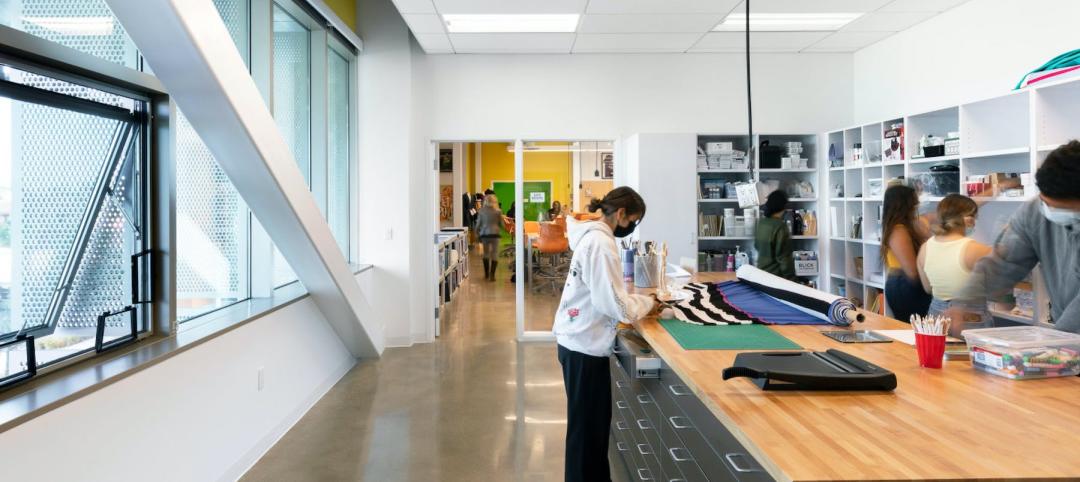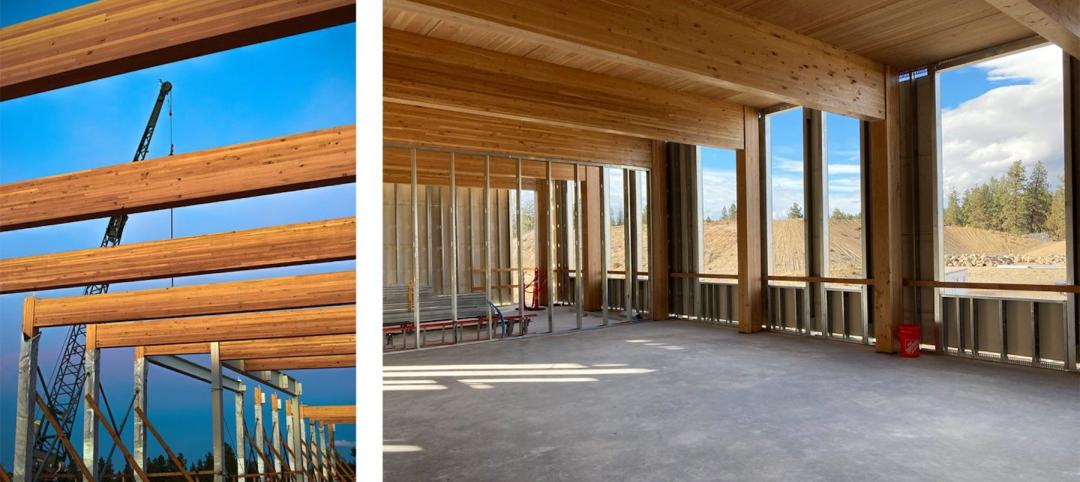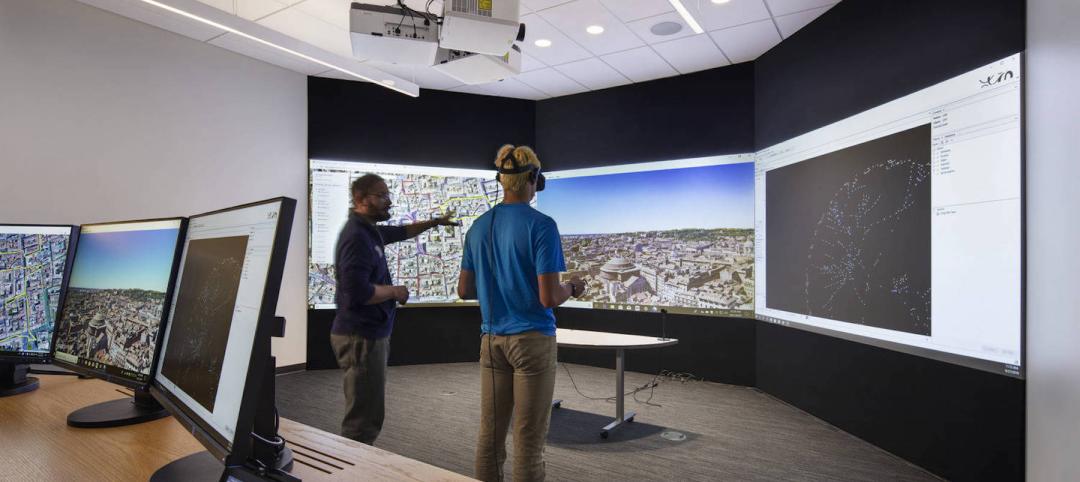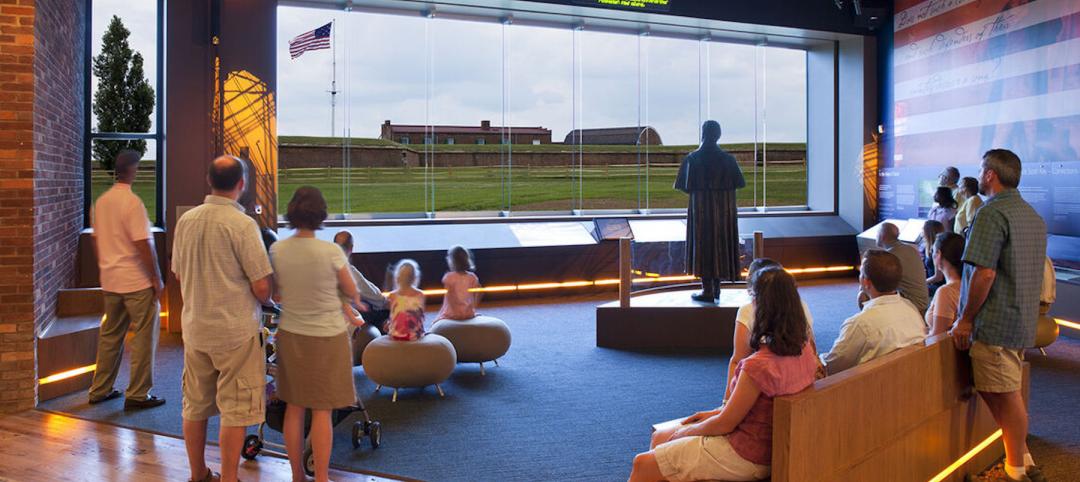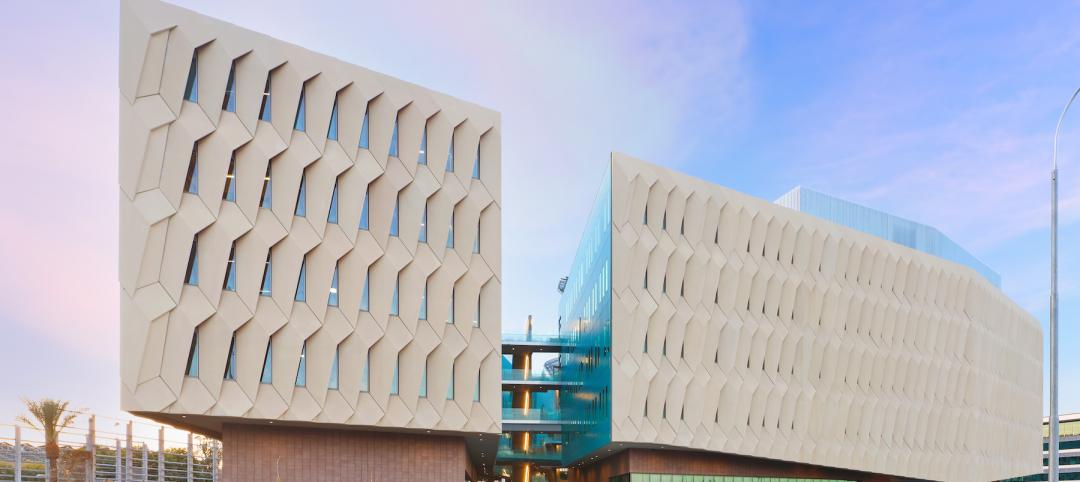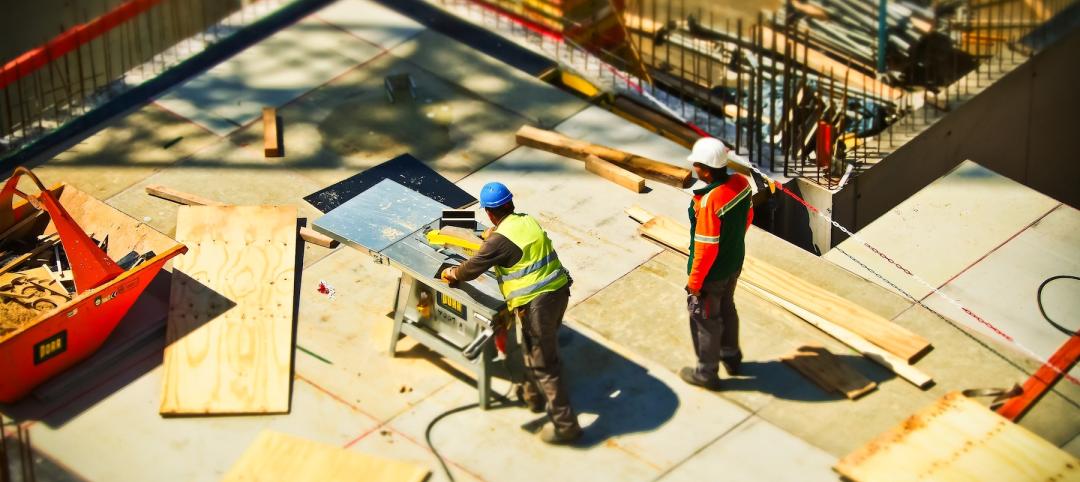In recognition of the importance of sustainable parking facilities and practices to the development of sustainable communities, the Green Building Certification Institute (GBCI), the certification body for the U.S. Green Building Council’s global LEED green building rating system, today signed a memorandum of understanding (MOU) with the International Parking Institute (IPI), the world’s largest parking association, and the Green Parking Council (GPC).
“Sustainability in parking is integral to building a greener future, not only structurally, but also by shaping transportation networks that support more livable, walkable communities,” said Mahesh Ramanujam, president, GBCI. “This agreement will also expand the GBCI’s portfolio and mission to recognize excellence in green performance and practice.”
The three organizations will work in a strategic partnership for the delivery and promotion of the GPC’s recently launched Green Garage Certification program, which applies to both new and existing parking structures.
Green Garage Certification was developed by experts from a range of related fields, including parking, architecture, engineering, technology, property management, and academia. It assesses 50 elements of parking facility sustainability, including management practices that maximize performance while minimizing waste; programs encouraging alternate modes of transportation and community engagement; and efficient and sustainable technology and structure design.
“This is a game-changer,” explained John Schmid, chairman of GP, an affiliate of IPI. “Collaborating with the GBCI will result in a multiplier effect, dramatically increasing awareness of sustainable parking design, operations, and management. This is an epic moment for parking and a giant leap forward toward a more environmentally and economically sustainable garage of the future”
“With GPC’s Green Garage Certification standards, IPI’s established focus on education related to sustainability, and GBCI’s distribution channels all working in sync, we’re enthusiastic that we can mainstream sustainable parking,” said Shawn Conrad, CAE, IPI’s executive director. “We are confident that will have a positive, far-reaching effect on the environment.”
Related Stories
| Aug 9, 2022
Work-from-home trend could result in $500 billion of lost value in office real estate
Researchers find major changes in lease revenues, office occupancy, lease renewal rates.
| Aug 9, 2022
5 Lean principles of design-build
Simply put, lean is the practice of creating more value with fewer resources.
| Aug 9, 2022
Designing healthy learning environments
Studies confirm healthy environments can improve learning outcomes and student success.
Legislation | Aug 8, 2022
Inflation Reduction Act includes over $5 billion for low carbon procurement
The Inflation Reduction Act of 2022, recently passed by the U.S. Senate, sets aside over $5 billion for low carbon procurement in the built environment.
| Aug 8, 2022
Mass timber and net zero design for higher education and lab buildings
When sourced from sustainably managed forests, the use of wood as a replacement for concrete and steel on larger scale construction projects has myriad economic and environmental benefits that have been thoroughly outlined in everything from academic journals to the pages of Newsweek.
AEC Tech | Aug 8, 2022
The technology balancing act
As our world reopens from COVID isolation, we are entering back into undefined territory – a form of hybrid existence.
Legislation | Aug 5, 2022
D.C. City Council moves to require net-zero construction by 2026
The Washington, D.C. City Council unanimously passed legislation that would require all new buildings and substantial renovations in D.C. to be net-zero construction by 2026.
Cultural Facilities | Aug 5, 2022
A time and a place: Telling American stories through architecture
As the United States enters the year 2026, it will commence celebrating a cycle of Sestercentennials, or 250th anniversaries, of historic and cultural events across the land.
Sponsored | | Aug 4, 2022
Brighter vistas: Next-gen tools drive sustainability toward net zero line
New technologies, innovations, and tools are opening doors for building teams interested in better and more socially responsible design.
| Aug 4, 2022
Newer materials for green, resilient building complicate insurance underwriting
Insurers can’t look to years of testing on emerging technology to assess risk.




